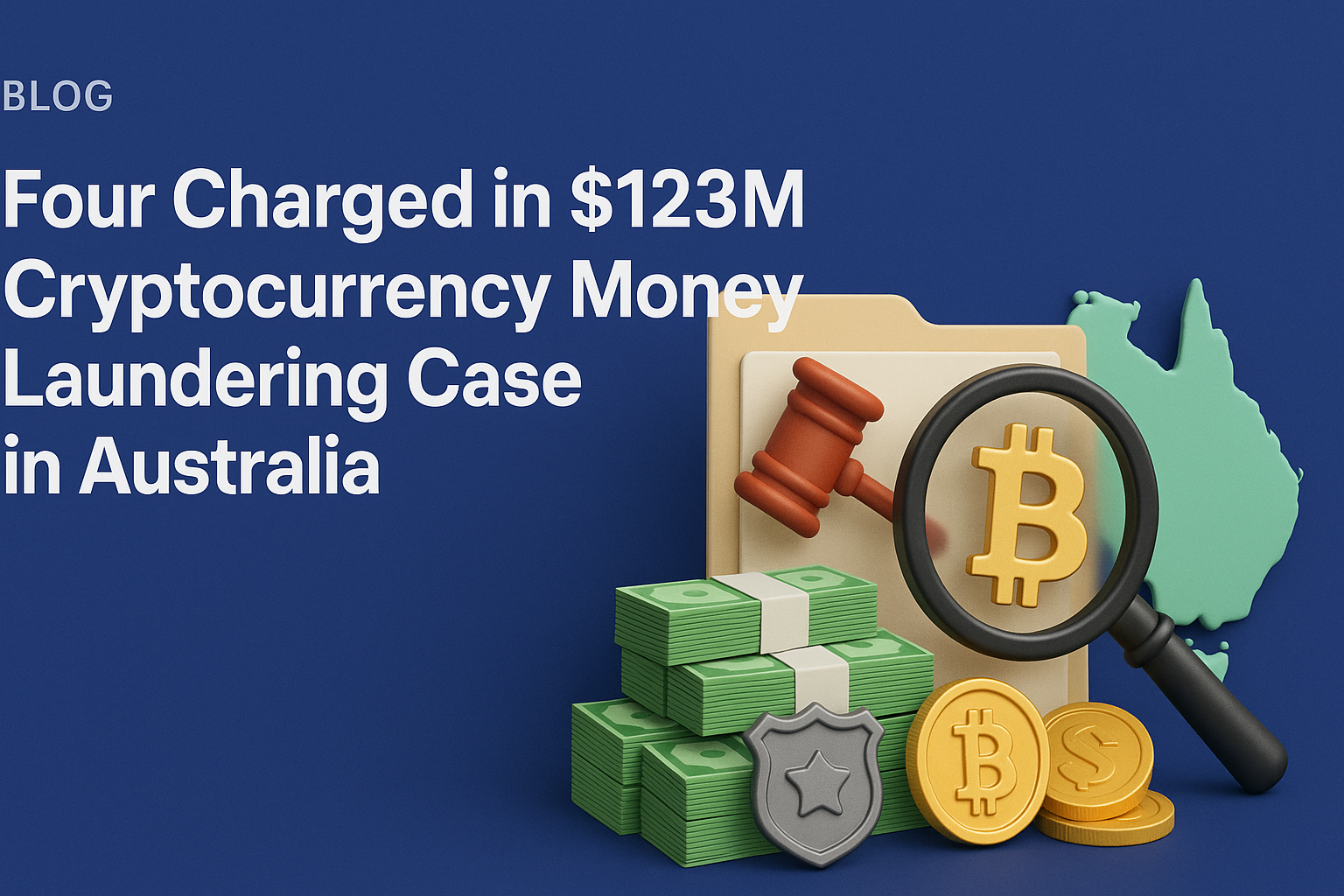Amid AGI’s rapid rise, a blockchain-led movement is challenging Big Tech’s monopoly on AI innovation.
The global push toward artificial general intelligence (AGI) is gaining speed, with new projections forecasting the market will hit $25.74 billion by 2031, a dramatic rise from its $2.74 billion valuation in 2023, according to Verified Market Research.
While AGI remains an aspirational goal, experts now believe its arrival may be much closer than initially thought — and its development path is quickly becoming a battleground between centralized corporations and decentralized innovators.
Survey Finds Public Concern Over Big Tech’s AI Dominance
According to a recent study by the Artificial Superintelligence (ASI) Alliance, nearly half of respondents believe that AI is being built primarily to benefit major tech companies, not society at large. Many survey participants expressed a lack of trust and visibility in how AGI is progressing behind closed doors.
To address these rising concerns, Dr. Ben Goertzel, founder of SingularityNET and a member of the ASI Alliance, introduced a public framework called “The Ten Reckonings.”
“These reckonings are a call to action — a roadmap for humanity to reflect on the consequences of AGI before it becomes too late to act,” Goertzel said.
One of the key questions posed is whether AGI will remain in the control of a few powerful institutions or become accessible to the broader global population.
Blockchain Seen as Path to Open, Transparent AGI
Dr. Goertzel and other advocates are advancing a vision where decentralization and blockchain serve as tools to democratize AGI development. Rather than relying on closed systems and proprietary data, blockchain-powered AGI aims to empower researchers, communities, and individuals to help shape intelligent systems.
“We don’t want AGI to replicate existing power structures — we want to build it differently from the ground up,” Goertzel emphasized.
Entrepreneur and physicist James Tagg echoed this sentiment, noting that his team is working to digitally encode human intellectual property (IP) — including DNA, neural data, and original ideas — directly onto blockchain networks to protect ownership in a decentralized future.
ASI Chain Will Anchor Decentralized AGI Infrastructure
To support this decentralized approach, Goertzel revealed that the ASI Alliance is preparing to launch ASI Chain, a dedicated blockchain platform for AGI governance and coordination. The testnet will debut this month, with the mainnet expected in Q3 2025.
“Blockchain ensures fairness, transparency, and collaboration — all essential to building community-led AGI,” Goertzel said.
This infrastructure is positioned as a counterbalance to closed corporate ecosystems dominated by large language models (LLMs) and proprietary algorithms.
Privacy and Security Remain Key Challenges
Despite its promise, decentralized AGI introduces several challenges. Security and privacy are chief concerns, especially when storing sensitive human data on-chain. Tagg admitted that while blockchains are powerful tools for immutability and decentralization, protecting personal data within this system requires additional safeguards.
“We’re working on ways to keep public blockchain benefits while maintaining strict data privacy controls,” he said.
Zoltan Istvan, a futurist and collaborator in the project, added that AGI may eventually invent new, superior tools for data exchange, surpassing even today’s blockchain systems.
Decentralized AGI Innovations Already Taking Shape
Despite the hurdles, the decentralized AGI movement is producing real-world tools. Goertzel shared that the ASI Alliance’s Qwello framework, which blends symbolic reasoning with LLMs, is already pushing boundaries in research.
Meanwhile, Tagg’s Valis Corporation is developing a biocomputer based on organoids, small clusters of human brain cells that emulate cognitive processes. This model offers not only a new approach to computing, but also a way to test neurological therapies and treatments.
“This is a new kind of thinking machine — and we’re just getting started,” Tagg said.
Together, these innovations point toward a future where AGI can be ethically built, transparently governed, and widely accessible — thanks to the power of blockchain and decentralization.



